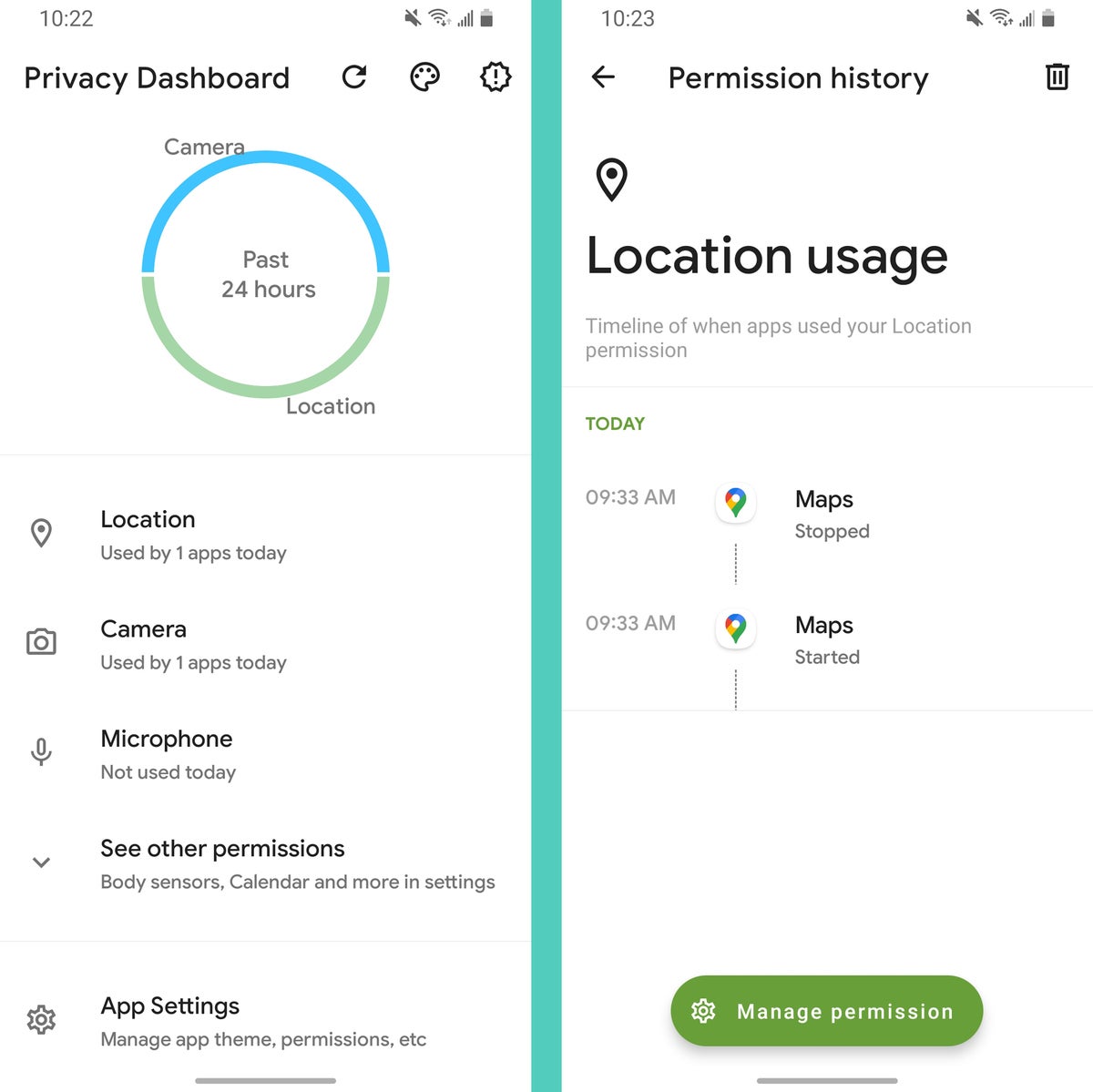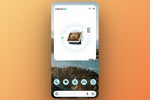Android 12 sure is an onion of an update, wouldn't ya say?
Now, don't get me wrong: I'm not suggesting it's fragrant, likely to make you cry, or positively delicious when cooked in a stir-fry. (That'd be one heck of a piece of software!) I just mean that it has lots of layers to it, including some that are beneath the surface and impossible to see when you're only glancing from afar.
Android 12 is full of changes both big and small, in fact — and while many of its most noticeable external elements will be limited to Google's own Pixel phones, some of the improvements tucked away in those sticky lower layers are arguably the most important changes of all.
That's particularly true when it comes to the ever-relevant realm of privacy. Android 12 has a whole host of helpful privacy enhancements. And one of 'em is something you can bring to any Android device this second — if you know the trick.
Let me fill you in.
Meet your new Android-12-inspired privacy superpowers
I won't keep you waiting: The secret to this super-effective privacy superpower is a crafty little app called Privacy Dashboard. As its name suggests, the app emulates one of Android 12's most prominent privacy features — its one-stop dashboard for monitoring exactly how apps are accessing potentially sensitive types of info on your phone and then allowing you to reclaim control.
The Android 12 feature it's modeled after is also called the Privacy Dashboard. And to say this app's implementation takes inspiration from it might actually be an understatement.
Here, for illustration, is the actual Android 12 Privacy Dashboard, as designed by Le Googlé:
 JR
JR Snazzy, right? You can then tap on any specific permission type within that panel to see a precise timeline of every app that accessed it and when:
 JR
JR And from there, it's just one more fast tap to open an app's list of granted permissions and scale back or revoke what it's able to do.
Here, for contrast, is the interface you get with the Privacy Dashboard app — no matter what Android version you're running:
 JR
JR Anyone else getting a hankering for some Doublemint gum?
The app has a nice little bonus built in, too: In addition to the extremely Android-12-like dashboard it gives you, the tool graces your phone with another Android-12-inspired privacy advantage — the ability to see in real-time whenever an app is accessing your camera, microphone, or location.
See?
 JR
JR Whenever an app is tapping into any of those sensors, you'll get an icon in the upper-right corner of your screen that alerts you to the activity. It'll show up whether the app in question is visible on your screen or accessing the sensor from the background. That way, if any such indicator pops up when you aren't expecting it, you can march right over to the full dashboard to see what's going on and why.
Now, for the nitty-gritty of all of this (and fret you not, for there's not much nit or grit involved): Privacy Dashboard is completely free to use. There are optional in-app donations if you want to support the developer, but as of now, they don't unlock any extra features or do anything other than make you feel warm, fuzzy, and like a person with roughly three dollars less in their bank account.
As for the related subject of privacy, the app does require a couple forms of advanced system-level access in order to do what it needs to do, but it's all perfectly justifiable. The developer even explains what exactly the permissions are and why they're needed on the app's Play Store page and within the initial setup screens. And if you're at all worried about what the app could do with your sweet, sticky data, just look at its app info page within your system settings. You'll see that it doesn't even have the ability to access the internet, which means there's no real way it could transfer information off of your device, even if it wanted to.
Lots of Android 12's privacy features require deep operating-system-level integration in order to operate — things like the software's more nuanced and narrowed-down systems for providing location access to apps in the first place and its automated hibernation system that disables apps entirely and prevents 'em from launching background processes if you haven't interacted with 'em in a few months. Android updates in general absolutely do matter, and those are the perfect examples of why.
But when it comes to a feature like the Privacy Dashboard and the associated sensor access indicators, you don't need Android 12 to enjoy the added bits of protection. All you need is the right tool for the job — and now, that knowledge is in your noggin, right along with the power that accompanies it.
Get six full days of advanced Android knowledge with my new Android Shortcut Supercourse. You'll learn tons of time-saving tricks for your phone!





































































































